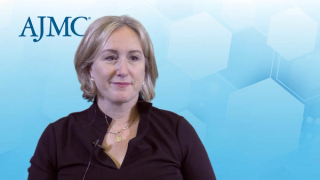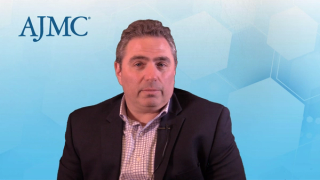
Payers
Latest News
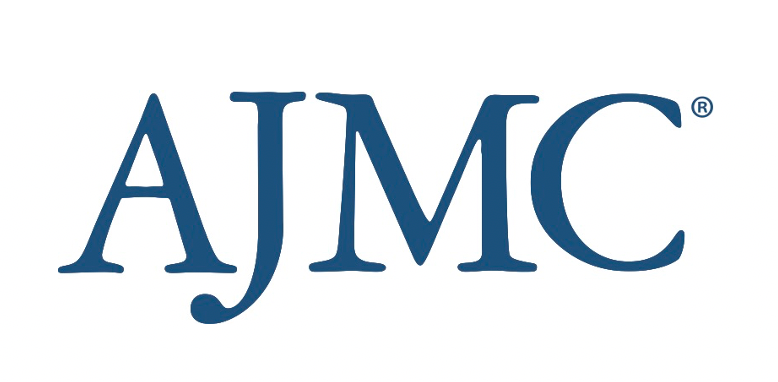
Latest Videos

CME Content
More News

The commercial market got slightly less competitive while the Medicare Advantage market got a little more competitive, but both markets remain highly concentrated.

Activity to regulate pharmacy benefit managers (PBMs) has started in the states and is trickling up to the federal level, said Ted Okon, MBA, executive director of the Community Oncology Alliance.
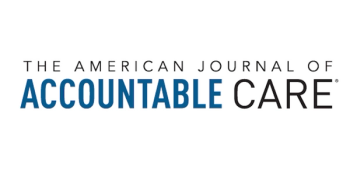
Leading payer and health system stakeholders reviewed literature and shared insights on the value of real-time continuous glucose monitoring (rtCGM) in type 2 diabetes (T2D) population health.

The company is changing the way it prices prescription drugs and providing more transparency, which has been one focus of pharmacy benefit manager regulation efforts.
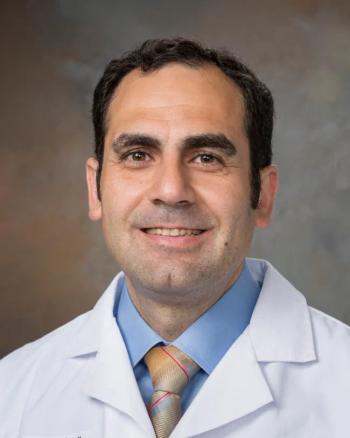
The past year has offered new hope for patients with lower-risk myelodysplastic syndromes. Besides imetelstat, which has an FDA deadline for action of June 2024, the agency approved luspatercept, which has a different mechanism of action.

A new report highlighting the twin pressures hospitals have faced over the last 18 months shows that as reimbursement delays and denials increased and cash and investments decreased, operating expenses have risen sharply.

If finalized, these proposals will generally take effect on January 1, 2025, unless otherwise noted.

As part of updates to its standard formulary, CVS Caremark has removed Amjevita and now prefers Hyrimoz and an unbranded biosimilar.

Health plan type highly influences the likelihood of biosimilar uptake, with low-flexibility insurance plans more likely to have patients who either switched to a biosimilar or were initiated on a biosimilar.

A simulation study estimated the impact of biosimilar substitution on total cost of care (TCOC) and provider financial performance in the final performance period of the Oncology Care Model.

The American Medical Association (AMA) is continuing to urge Congress to stop the impending 3.4% cut to physicians, and other organizations also weigh in on the pros and cons of the 2024 Medicare Physician Fee Schedule.

Tirzepatide is already approved to treat type 2 diabetes, and is now approved for chronic weight management in adults with obesity or overweight with at least 1 weight-related condition.

This 2022 survey of Medicare accountable care organizations (ACOs) shows significant growth in non-Medicare value-based contracts and in contracts with downside risk.

Formulary restrictions can create treatment barriers for patients with atrial fibrillation, including unnecessary delays in treatment and prescription abandonment, with vulnerable populations at greater risk.

The Enhancing Oncology Model is trying to address a number of the systemic challenges oncology faces without giving practices the tools and resources they need, said Nicolas Ferreyros, managing director of policy, advocacy, and communications, Community Oncology Alliance.

This study demonstrates a method for understanding the effects of drug spending in the design of alternative payment models.

Changes in the medication therapy management (MTM) program willl require planning on how to best fund this program in a way that drives medical cost savings.

This retrospective cohort study of rural hospitals found that Medicare Advantage penetration increased substantially from 2008 to 2019 and was associated with greater hospital sustainability.

The Medical Group Management Association offers an analysis of pending legislation that could help health care practices better serve patients.

Half of the surveyed adults reported difficulty affording their health care, and a large proportion said they delayed or avoided care or medication because they couldn’t afford it, often leading to their health problems worsening.
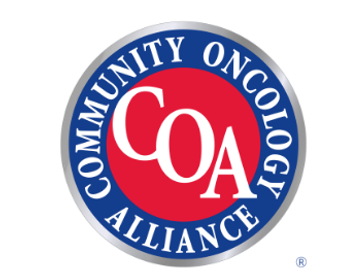
Community oncology practices are witnessing a new dynamic in which more Medicare-eligible patients are still covered by commercial insurance, according to speakers at the Community Oncology Alliance Payer Exchange Summit, held October 23-24, 2023.

Christina Barrington, PharmD, of Priority Health, explained the keys to leading a successful managed care organization, as well as where she predicts the industry will be in the future.

Clinical-grade, expert-supported natural language processing (NLP) is valuable to payers and providers when exchanging patient information through continuity-of-care documents.

Enfortumab vedotin plus pembrolizumab not only beat chemotherapy in the first-line setting for locally advanced metastatic urothelial cancer for the first time in decades, but it nearly doubled progression-free survival and overall survival vs chemotherapy.

Results of the monarchE study showed patients with hormone receptor–positive (HR+), HER2-negative (HER2–) high-risk, early breast cancer had greater benefit after 5 years when receiving adjuvant abemaciclib plus endocrine therapy vs endocrine therapy alone.








